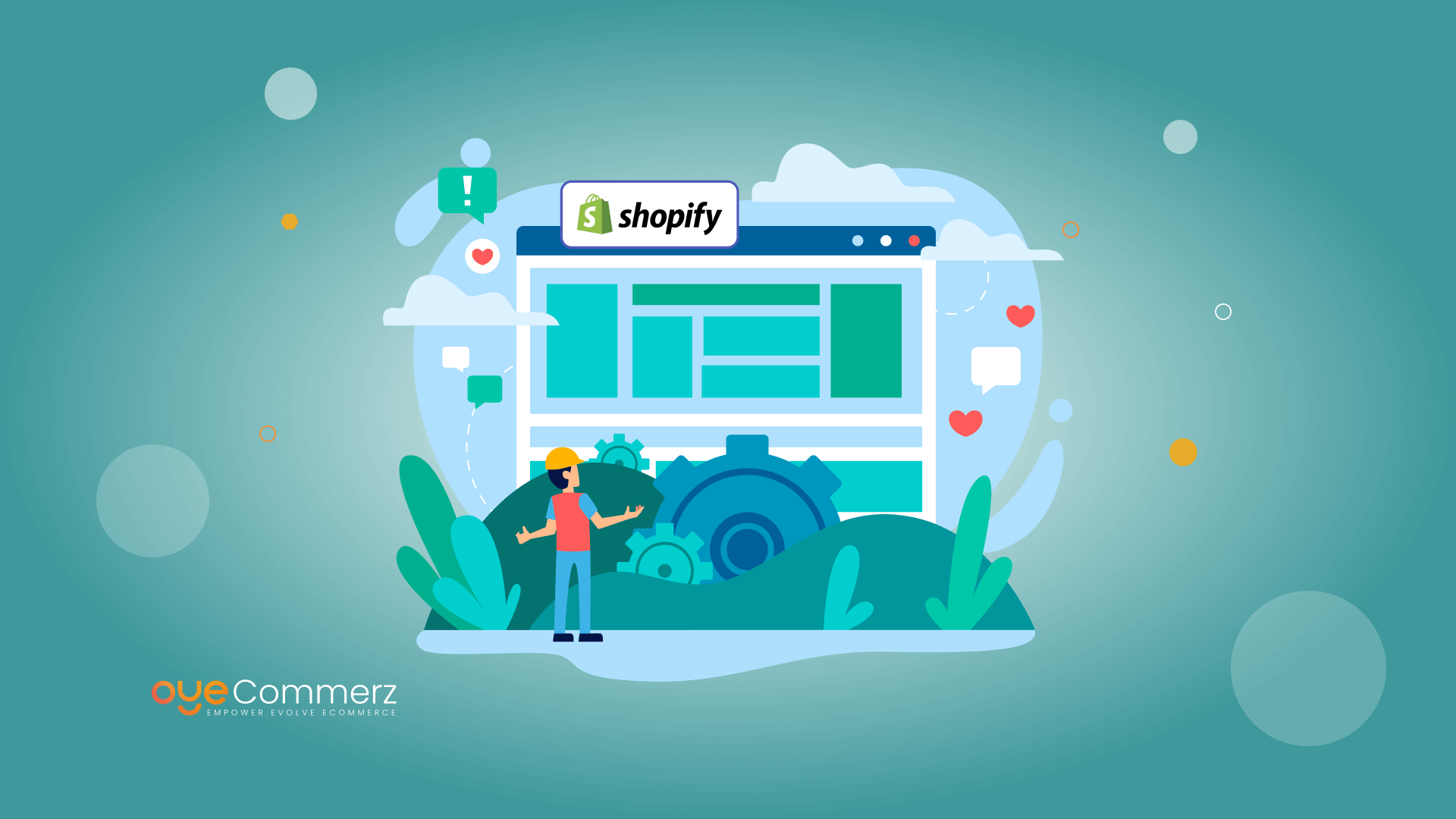Overview
In the current competitive e-commerce environment, standing out is essential, and one of the best ways to set apart a Shopify store is through custom app creation. A well-built Shopify app can enhance store functionality, simplify processes, and boost customer engagement. This guide delves into key elements of Shopify app development, from API integration to growth techniques and digital marketing approaches, providing a roadmap for companies seeking unmatched store performance.
The Importance of Shopify API Integration
Shopify’s API provides powerful tools to customize and extend store functionalities. With the GraphQL and REST API options, developers can retrieve information to build applications that manage inventory management, order processing, and customer data management smoothly. Using Shopify’s API can lead to better workflow automation and allows stores to serve customers more effectively.
Utilizing the Polaris Design System
Polaris is Shopify's design system for designing intuitive and accessible Shopify apps. By adhering to Polaris principles, developers guarantee that apps integrate smoothly within the Shopify Admin experience. This ensures a cohesive appearance that appeals to Shopify merchants, promoting ease of use and comfort for merchants utilizing your custom app.
Understanding the Shopify App Ecosystem
The Shopify app ecosystem offers endless possibilities for enhancing e-commerce sites. From managing fulfillment processes to boosting customer interaction, apps in this environment are tailored to meet diverse business needs. Learning about this ecosystem helps developers in identifying unique app opportunities and allows for smooth connections of external tools that add value to the store.
Building Embedded Shopify Apps
Embedded apps integrate directly within the Shopify Admin, providing a smooth interface for merchants. They allow merchants don’t have to leave their Shopify dashboard, streamlining their workflow. Using Shopify App Bridge and embedded app capabilities is a best practice for providing a unified, well-integrated user environment.
Leveraging Node.js and React for Shopify Development
Node.js and React have emerged as ideal tools for Shopify app creation. This server-side framework enables efficient back-end services, while React enables interactive and adaptive front-end user interfaces. Together, they provide an strong platform for creating speedy, growth-ready Shopify apps that improve store functionality and customer engagement.
Utilizing Webhooks in Shopify Development
Webhooks enable instant data updates between Shopify and an outside application. They trigger events such as new orders or stock changes and provide immediate notifications to your app. By implementing webhooks, apps can provide up-to-date insights for store owners, simplifying processes and increasing productivity.
Engaging Customers Through Digital Marketing for Shopify Apps
To make a Shopify Shopify Polaris system app successful, connecting with users is key. Utilizing digital marketing strategies like SEO, email marketing, and social outreach can increase app usage. Additionally, creating applications with customer interaction as a focus (e.g., loyalty programs or personalized recommendations) increases user retention and satisfaction.
Making Your Shopify App Scalable
As e-commerce stores expand, so do their technological needs. Ensuring that your app can manage higher usage, larger databases, and more complex functionalities is essential. By optimizing server capacity and using scalable technologies, you can create apps that grow in parallel to a store’s success.
Essential Features and Maintenance for Shopify Apps
For an app to be effective, it should offer essential features like user authentication, dashboard analytics, and customer support options. Regular app maintenance, with updates to fix bugs and compatibility checks with new Shopify features, Key features for Shopify stores is vital to maintain continuous operation and avoid interruptions to merchant workflows.
Conclusion
Custom Shopify app development offers immense opportunities for e-commerce businesses, offering the chance to enhance store functionality, simplify operations, and foster customer loyalty. From integrating APIs to focusing on scalability and customer engagement, building a Shopify app involves careful planning and well-planned actions. If you’re ready to unlock your store’s full potential, a custom Shopify app may be the ideal choice. What capabilities do you see for your dream application? Share your ideas and begin the journey to an optimized e-commerce experience!
